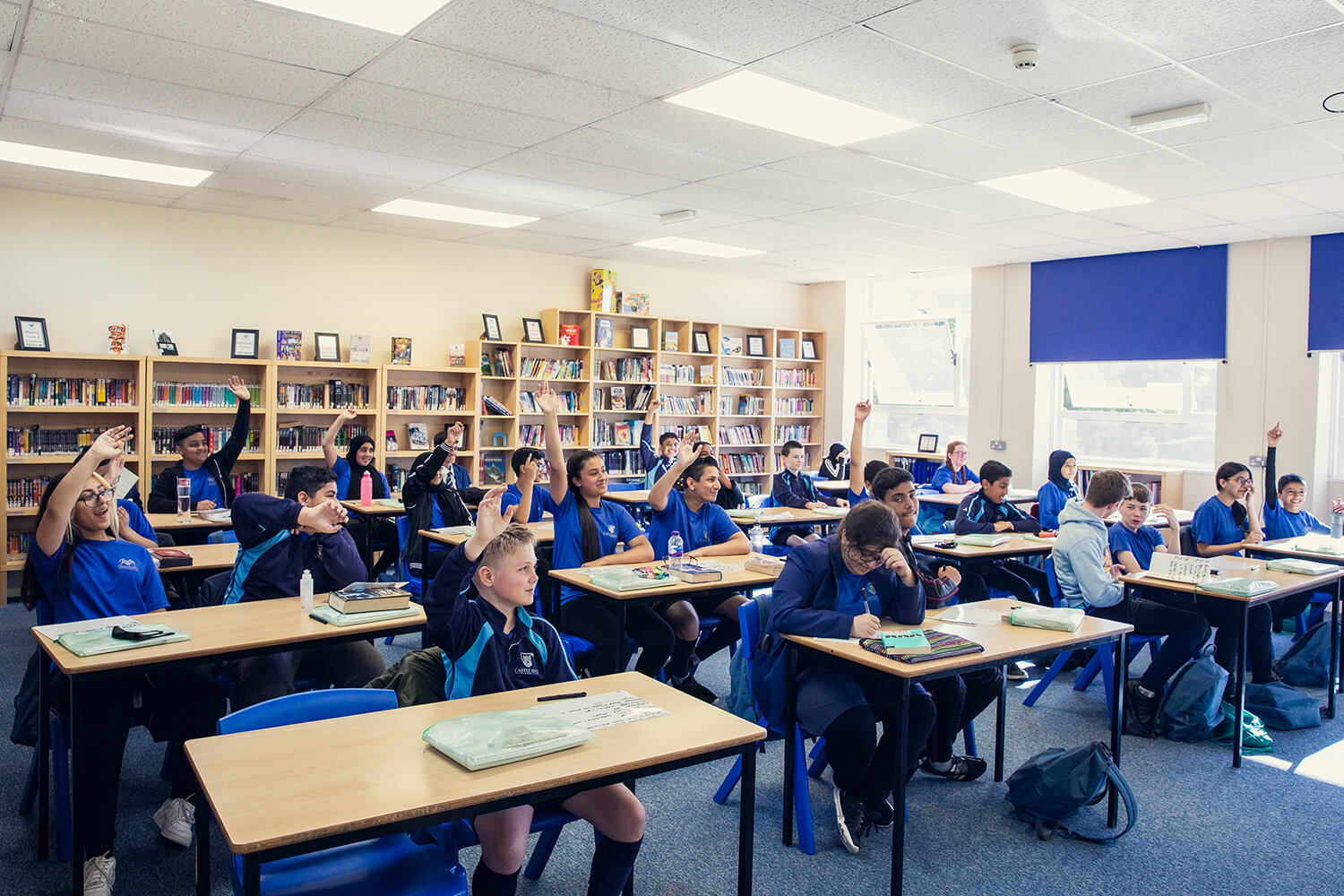
Safeguarding at Castle Hall Academy is taken very seriously and we believe that safeguarding is everybody's responsibility.
We are committed to safeguarding and promoting the welfare of children and young people and will strive to ensure:
- That the academy provides a safe environment for children and young people to learn,
- That the required systems and procedures are in place to identify children and young people who are suffering or likely to suffer significant harm,
- Will take appropriate action with the aim of making sure they are kept safe both at home and at school.
What do Designated Safeguarding Leads do?
- Respond to any safeguarding concerns
- Liaise with social care and other agencies
- Talk to parents about concerns raised where appropriate
- Update safeguarding records
- Lead and coordinate whole school training and updates
- Meet regularly with the safeguarding team and teachers to communicate relevant information
- Meet the safeguarding Governor and report to Governors
- Update the school safeguarding policy in line with Trust central team direction
- Attend local Designated Safeguarding Lead (DSL) networks and training

Encompass
The academy uses encompass notification system which has been established to support children who are resident in households where there are incidents of domestic violence and abuse. We know that children can be significantly physically or emotionally hurt by being either present in the house or directly witnessing an incident of domestic abuse.
Encompass ensure that a member of the Academy staff is trained to allow them to use the information that has been shared, in confidence, and ensure that the Academy is able to make provision for possible difficulties experienced by children, or their families, who have been involved in or witnessed a domestic violence or abuse incident.
Online Safety
We take online safety very seriously at Castle Hall Academy and appreciate you taking the time to report any issue.
What is online safety? Ofsted describes online safety as a school’s ability to protect and educate pupils and staff in their use of technology as well as having appropriate mechanisms in place to intervene and support any incident where
Social Networking – Undertsanding the different social networking tools and using them safely.
- Online Behaviour – Understanding how to interact online and behave safely.
- Digital Footprint – Understanding the impact of your online actions.
- Viruses/Hacking – Understanding what actions may leave you vulnerable to hacking or viruses.
- Online Knowledge – Understanding what to do in the event of an online issue such as cyber-bullying.
Who to talk to?
Mrs Jefferson or Mr Gittings
Safer Internet Advice Line: 0344 381 4772 – helpline@saferinternet.org.uk
O2 have set up a helpline, to answer any questions you or your child might have about staying safe online. Sometimes it’s easier to talk about a problem.
Useful Website:
- https://www.net-aware.org.uk/
- https://www.saferinternet.org.uk/advice-centre/social-media-guides
- https://www.thinkuknow.co.uk/11_18/
- https://www.nspcc.org.uk/keeping-children-safe/online-safety/virtual-reality-headsets/
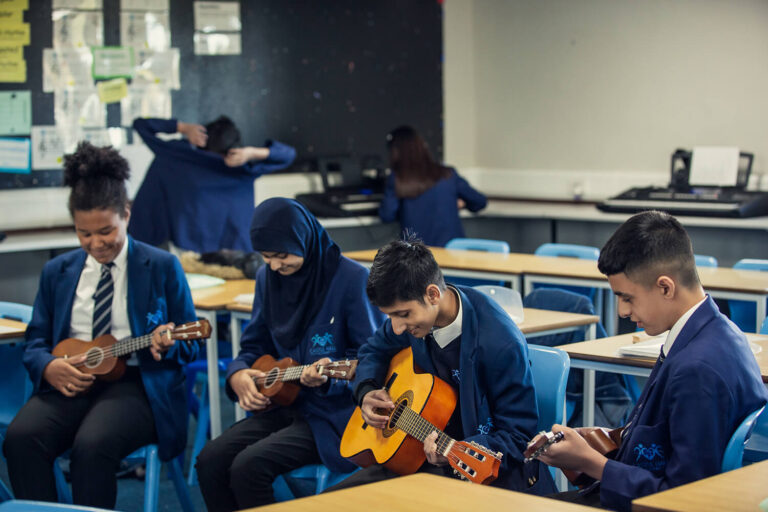
Mental health in young people
Research shows that 1 in 5 young people aged 5-16 is likely to have a mental health problem. This means that in a class of 30, 6 young people might be struggling with their mental health. This has increased by 50% over the last 3 years. Research also shows that 75% of young people aren’t getting the help and support that they need.
Mental Health at Castle Hall Academy
At Castle Hall Academy we teach students to be aware of their own mental health as well as the mental health of others.
There are lots of things that we do within school to support the mental health of our students. Our personal development curriculum teaches about mental health explicitly, as well as looking at wider topics such as preparing for the future, careers, and physical, sexual, and emotional health.
Where students might require further support with their mental health, Castle Hall Academy employs a counsellor in school, 3 days a week, providing one to one counselling for our students. This is based on need, and referrals are made by heads of year and the inclusion team.
If the school feels that there is a greater need for support, referrals can be made, with your consent, to external agencies that support young people with their mental health.
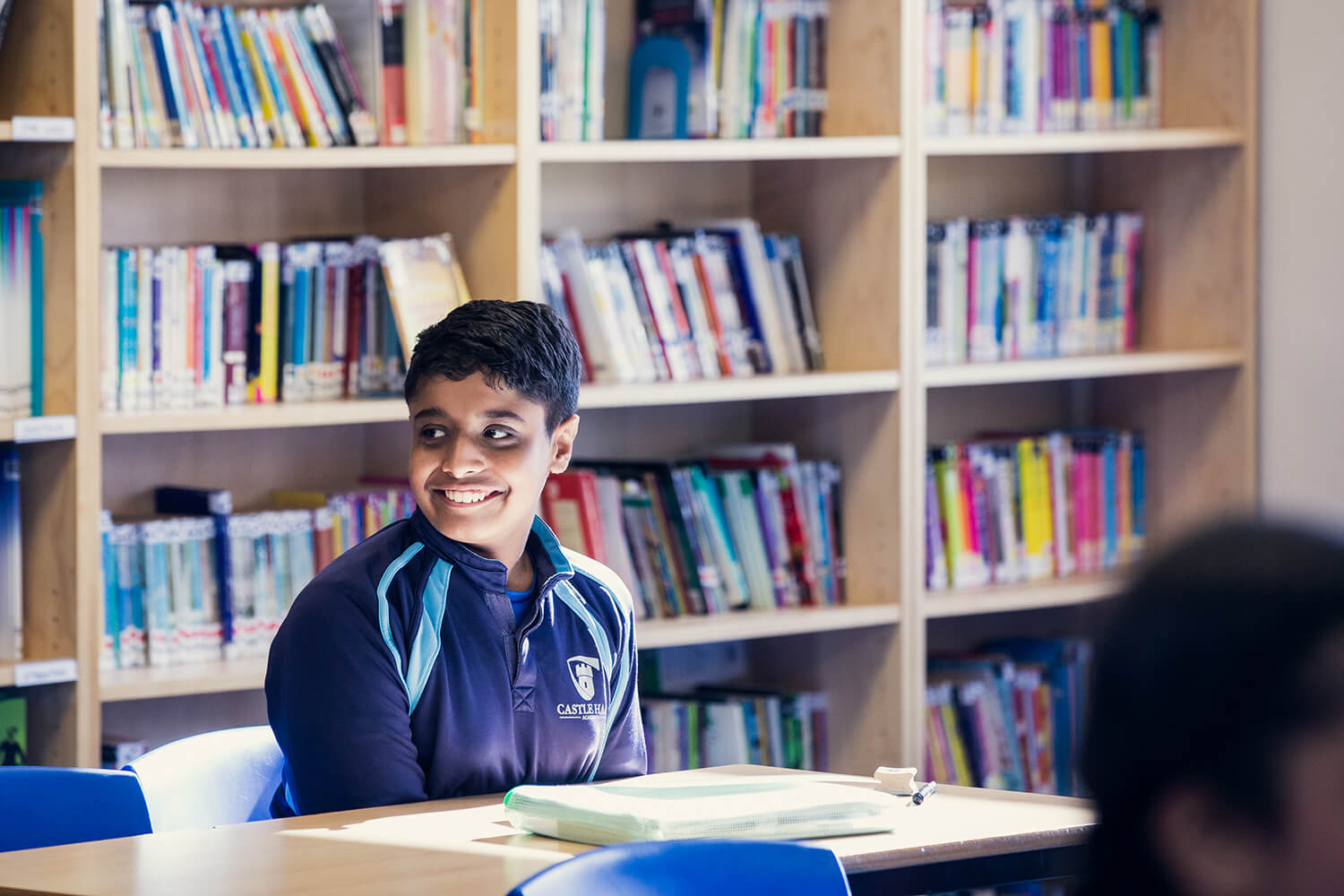
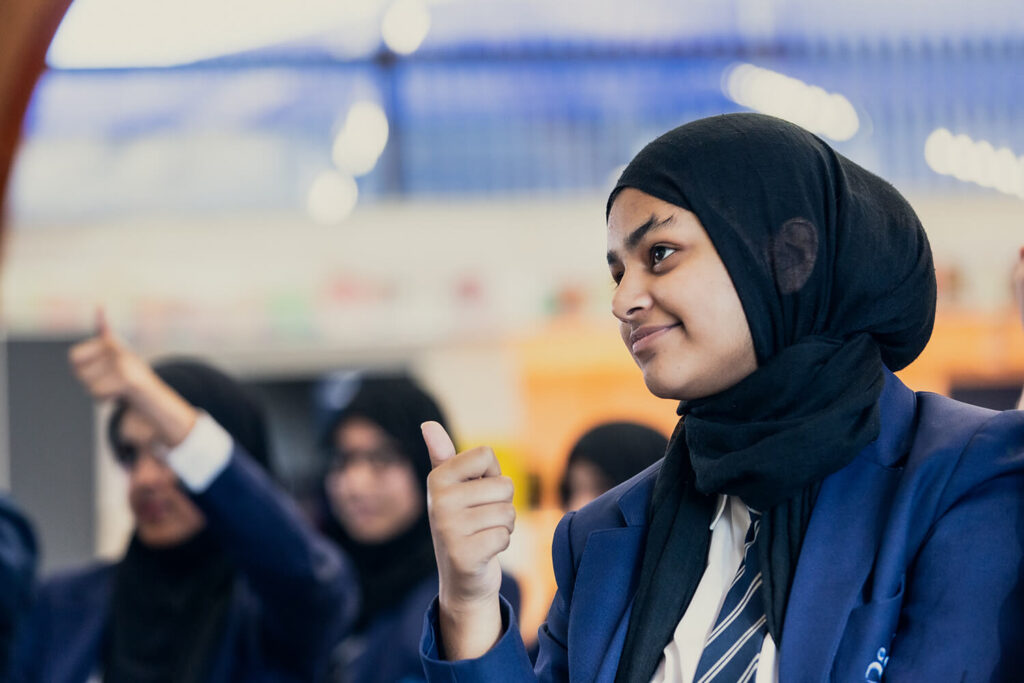
Thriving Kirklees
If the school feels that there is a greater need for support, referrals can be made, with your consent, to external agencies that support young people with their mental health.
Thriving Kirklees work with Child and Adolescent Mental Health Services (CAMHS) and Children’s Emotional Health and Wellbeing Services (ChEWS) to provide support for young people with mental health concerns, whether this is early intervention work or more complex work. They will work with both the young person and the parent to support your child’s mental health.
Referrals for further support can be made by the school, by a parent or carer, or by a young person.
